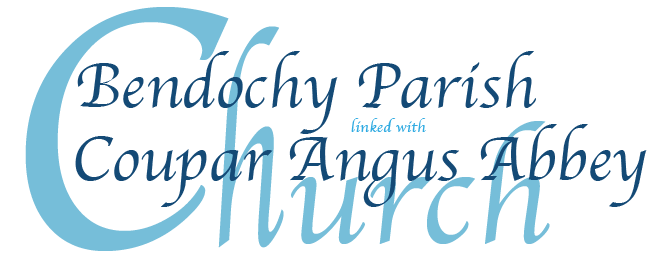As we look forward to being able to gather for worship once again I hope to be able to continue to post some form of Reflection or Bible Study on a weekly basis – and would like to start with the Gospel of John. Some of this week’s has already been published in an earlier Isla Link article, however, as it is at the beginning of John’s Gospel I thought we could just remind ourselves of it.
Background Information:
John’s Gospel is believed to have been written in Ephesus around 82-95 AD, after the destruction of the Temple in Jerusalem by the Romans in 70 AD and, like the others, was first circulated anonymously. It wasn’t until later on in the second century, in the fight against heretics, that the Gospels were assigned to authors. So ultimately, no-one knows for sure who wrote John’s Gospel, or indeed any of the others.
Tradition, however, has the author of the fourth Gospel as the disciple John, the brother of James and son of Zebedee. This same tradition has also identified this disciple as the ‘Beloved Disciple’ that we see pop up in the fourth gospel. One of the main reasons for assuming that the disciples John is both the author and the beloved disciple, is the fact that his name is not mentioned in the Gospel itself. If that is the case, then what we have is a first hand witness account of the ministry and mission of Christ
As to why John wrote this Gospel, we see the short answer to that question at John 20:31, ‘…that you may believe that Jesus is the Christ, the Son of God, and that by believing, you may have life in his name…’ However, as we shall discover as we explore this Gospel in more detail, we will see that from the outset it was John’s aim to present to us that Jesus Christ was the living revelation of God Himself and he does so in a way that none of the Synoptic Gospels come close to. The tone, style and content are completely different from the others, leaving some to refer to this as a more ‘spiritual’ gospel than any of the Synoptics.
Differences between John’s Gospel and the Synoptics include the fact that the miracles we read of in Matthew, Mark and Luke are replaced by ‘signs’ in John; in John we don’t have the same ‘short stories’ that the others do, but rather ‘longer discourses’; the timing of events is slightly different and in John we do have a ministry that extended for some three years (we know this from the number of visits to Jerusalem for specific festivals); the fourth Gospel introduces us to characters not mentioned elsewhere (The Samaritan woman, Nicodemus, Lazarus the brother or Mary and Martha, Nathanael and of course the Beloved Disciple); and we will look at some of these in more detail over the coming weeks.
Read John 1:1-18
What are the main three things that this opening prologue to John’s Gospel touches on?
- It tells us exactly who Jesus is.
- It tells us of the relationship between Jesus and God.
- It hints that His mission will not meet with universal success.
What key themes are we introduced to in the verses, themes that will crop up again and again as we read through the Gospel?
- Eternal life- Instead of talking of the Kingdom of God
- The ‘World’- used not only when speaking about the created order, but also used in a way to depict those who do not accept the revelation of Christ.
- Truth – Jesus Himself not only reveals this truth, He is the personification of truth.
- Glory – Unlike the synoptics, Jesus death is the supreme moment of glorification.
- Dualism – John’s Gospel is full of dualistic pairs of opposites – belief/unbelief, light/darkness, from below/from above – All ultimately good/evil.
What else can we learn from these opening verses?
- In a sense they are like a ‘mini-gospel.
- Verses 1-5 speak to us of the unity of Christ and God, a theme which we see throughout the fourth Gospel.
- Verses 6-8 introduce us to John the Baptist, sent to prepare the way for Christ.
- Verses 9-13 speak to us of the coming of Christ into the world, the light of the world that not all would recognise.
- Verses 14-18 speak to us of the incarnation and salvation, God becoming flesh and the salvation that this would bring those who accepted Him.
John’s Gospel is unlike any of the other Gospels, of that there is no doubt and many believe it to be the most accurate of all. Over the next couple of months we will look at it in more detail and perhaps discover that there is even more to it than we first thought.
